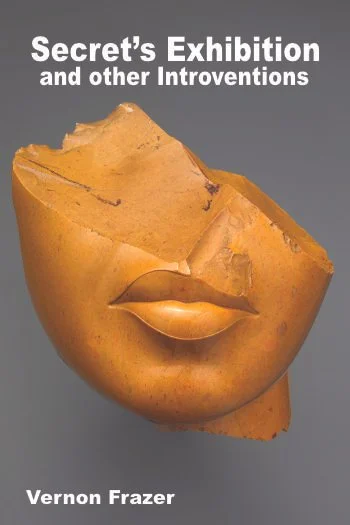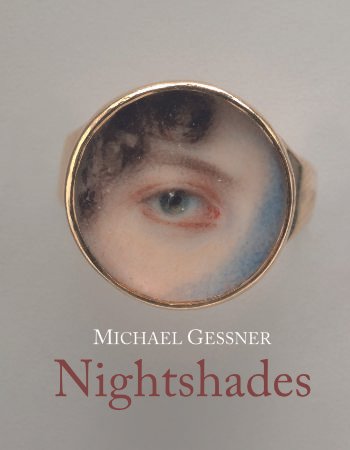At the dangerous intersection of Liberty and Empire, Raymond Bianchi breaks the sound barrier. These “multi-colored sequences” are up to date heart-breaking cubistic international songs in “real time,” trafficking in corporate corruption and working people, desire and everyday life. This is wild and honest work. — PETER GIZZI
This political and poetical post-existential, post-noir writing speaks through an interrelated host of filmmakers, cultural historians, and other artists. Bianchi's recombinatory prose poetics results in recognizably formal repetition and variation,"and he would be remarkable" for these sprawling stanzas set with intersections and identifications drawn from the catholicity of America's most Catholic city, Chicago. — CATHERINE DALY
Finally a book of poetry that contains more than dancing skeletons or sighs at sunset, Ray Bianchi's CIRCULAR DESCENT spins with knee-breaking centrifugal force. The sheer scope is staggering -- Marcel Duchamp, Catholicism, the Cold War, butchers, suburban sprawl, steelmill workers, Saddam Hussein, and the 1917 White Sox -- and surely somewhere Witold Gombrowicz and Viktor Shklovsky are smiling. Bianchi's a startingly original writer and CIRCULAR DESCENT radiates with the intensity of "Bull Connor's firehoses ripping Andy Warhol's hair off by the root." — MARK TARDI
___________________________
Raymond L Bianchi is a native of Chicago and the child of Italian immigrants to the USA he spent most of the 1990's in Brazil and Bolivia first as a volunteer and later in publishing. His poetry and essays have appeared in 26, Moria, Birddog, Antennae, Near South, ACM, and The Economist. His first book Circular Descent was published by Blazevox Press in 2004 and his second book American Master was published by Moria Press in 2006. He is the Publisher of Cracked Slab Books of Chicago and editor of Chicagopostmodernpoetry.com





